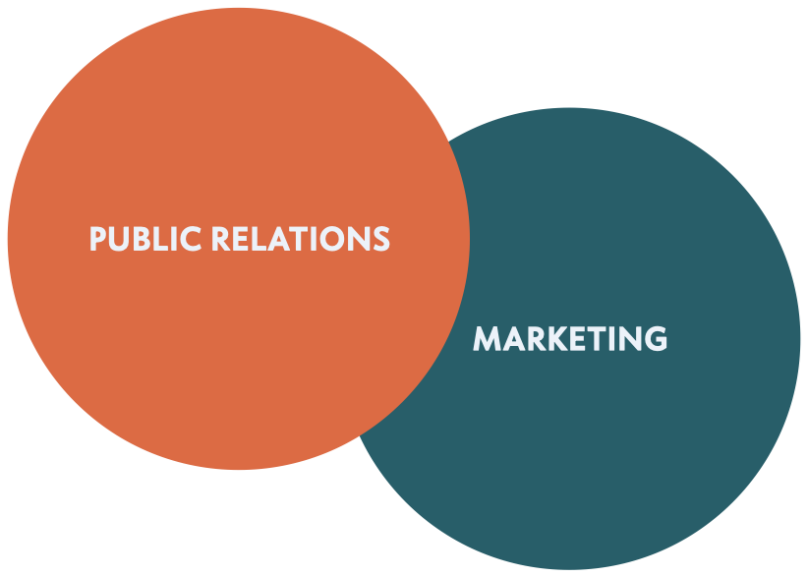Navigating Cultural Marketing Strategies – Success Stories from the Middle East
The Middle East is a flourishing e-commerce market, which encompasses all the needed ingredients for success. From prime locations to business-focused regulations and high-level facilities, the Middle East has everything to develop well-promising e-commerce businesses.
The advancing internet penetration and diffusion of Smartphones have enhanced customers’ growing desire for convenient shopping. Between challenges and opportunities, the Middle Eastern landscape offers a unique panorama for localizing e-commerce platforms that respond to local shopping needs and habits.
Localization – The Top Benefits for E-Commerce
Businesses in the e-commerce field that aim to expand their reach to new markets can find in localization a strong ally. Localization allows e-commerce platforms and businesses to increase their sales and revenue. Beyond this, localization also provides businesses with a top-notch customer experience, which attracts new customers and fidelizes them. 
When localization is well-built, it helps build a solid brand position in the market. Some living proofs include the case of Souq.com, which later became Amazon.ae. This company successfully localized its e-commerce platform by tailoring its products and offerings to each customer’s preferences.
Localization is a top-essential tool to help brands in every field of commerce. Another eloquent example is Arabicbet.org, one of the leading Arab sites in the field of casino games. Arabicbet.org adopted a player-dedicated marketing strategy focusing on cultural nuances and gaming preferences. The platform also provides excellent customer support in the Arabic language to help players find the perfect games and bonuses to catch and level up faster and successfully.
3 Dominating Trends in Middle Eastern E-Commerce
A full understanding of the specific market conditions is essential to build a strong and reliable e-commerce strategy. Here we’ve collected three of the market trends that dominate the Middle Eastern e-commerce world.
1) Logistics
Logistics is a mature sector in countries like the UAE where B2C operators can take full advantage of developing large-scale activities and large inventory quantities. Enhanced shipment and on-time delivery of goods encourage B2B businesses to convert into B2C firms. Transcorp is a leading logistics company in the UAE for B2B and B2C customer-tailored solutions. Behind the success of Transcorp, there’s a deep awareness of technology-driven strategies to offer flexible services at convenient rates.
2) Social Media
Global Media Insight reveals that 99% of the Middle Eastern population is active on social media, with the highest peaks in the UAE (98.99%) and KSA (82.3%). This data means that businesses can find on social media more opportunities. It’s not a random fact that about 40% of the total retail in the region takes place on social media.
3) Foreign Products
Middle Eastern customers appreciate shopping across borders online. This trend is growing in popularity as many customers address their attention to foreign vendors based in the US (30%), UK (18%), and India (18%). The mix of population living in the Middle East conducts to a diversified demand of foreign products.
Final Thought
According to Euromonitor Lifestyle Survey, over 50% of Middle Eastern consumers choose to spend money on experiences, such as entertainment, sports betting, and casino gaming. This important trend suggests that an omnichannel approach is essential to respond to these consumer preferences.





Comment
No comments found.